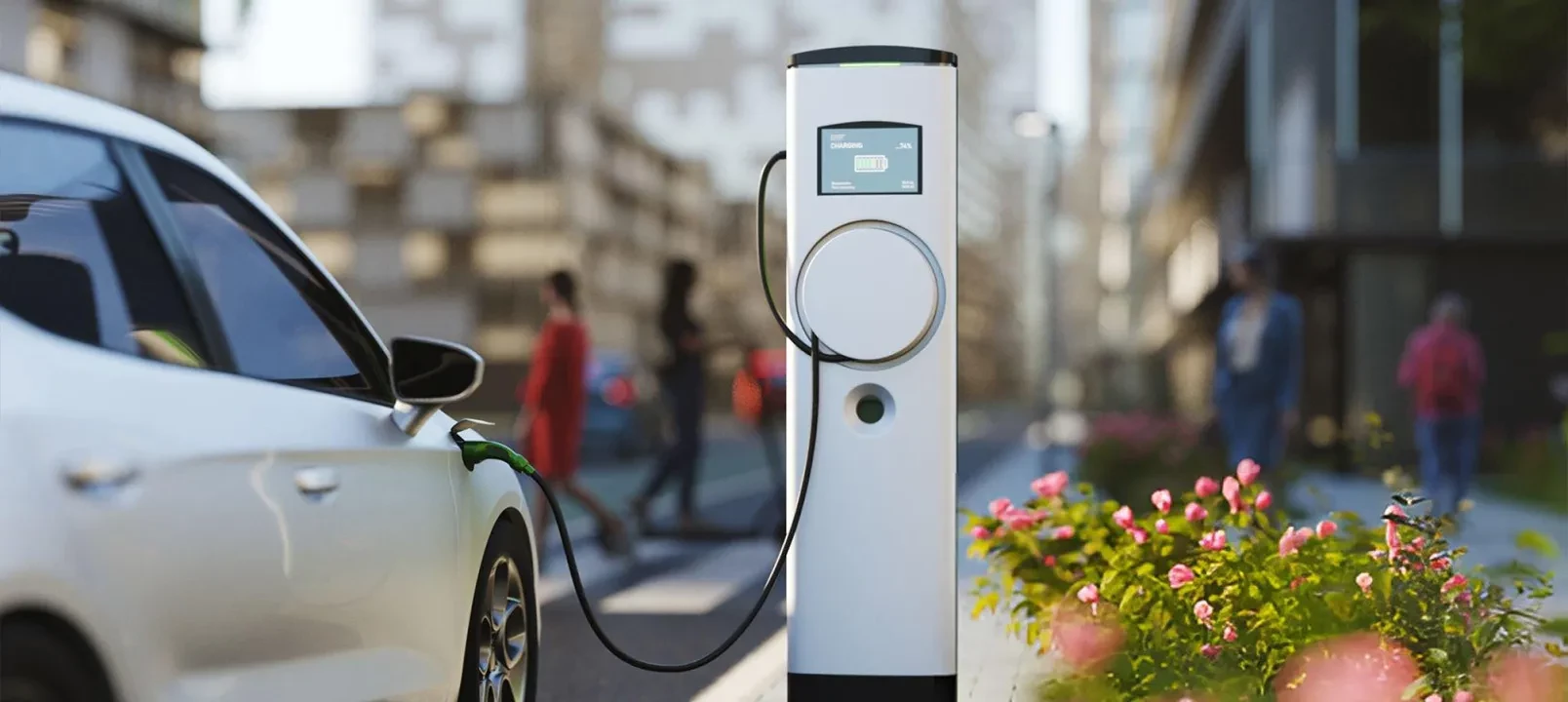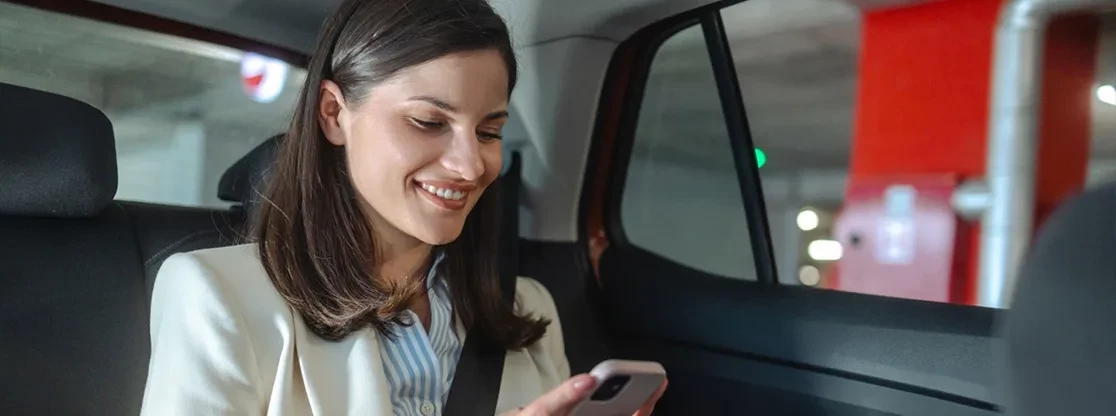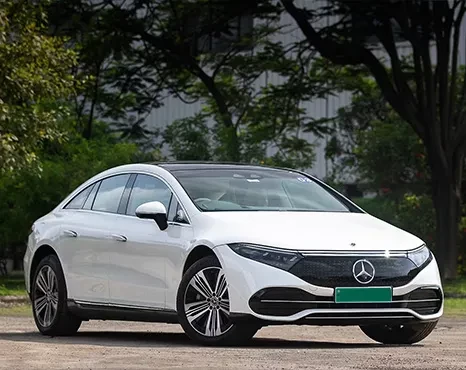In Indian cities, traffic jams and pollution have become part of daily life. But quietly, one change is starting to reshape the way people move — electric cabs. You may have already seen them on the road. They look like any other car, but they run cleaner, quieter, and more efficiently.
While many talk about electric vehicles as “the future,” some companies are already living it. SKIL Cabs is one of them. They’re not waiting for change. They’re building it — car by car, route by route, and charge by charge.
SKIL Cabs didn’t jump into the electric car rental space just because it was trendy. They studied the gaps — poor reliability, limited charging access, driver hesitation — and built a system that works around real-world problems.
Most rental operators simply add a few EVs and call themselves “eco-friendly.” SKIL went further. They built a system that supports both the vehicle and the driver. Each electric cab is monitored for battery status, location, and efficiency. Drivers are trained not just to operate EVs but to get the best range from each ride.
This level of detail may not seem exciting to the customer, but it makes a huge difference in how the ride feels — smooth, consistent, and on time.


One of the biggest reasons people avoid electric vehicles is range anxiety. “What if the battery dies mid-way?” It’s a valid concern. That’s why SKIL Cabs has partnered with reliable charging networks across the city. In places like Mumbai, where timing is everything, this matters.
They’ve also mapped out access to every electric car charging station in Mumbai that supports fast-charging. This ensures that drivers know exactly where to go and how long they’ll need. No guessing, no waiting.
They’re even working on installing their own charging units at high-traffic pickup points. The goal? Cut downtime. Keep the rides moving.
More companies now want travel options that reflect their sustainability goals. Businesses, especially in tech and finance, are shifting their local employee transport to electric cabs. It’s not just about emissions. It’s also about showing employees and clients that the company cares about more than profit.
SKIL Cabs works with event organizers, corporate clients, and even government offices to provide these options. Recently, for a large business summit in Mumbai, 70% of all guest transport was handled by SKIL’s electric taxi fleet. The feedback was simple — “Why haven’t we been doing this sooner?”
Offering electric cabs isn't just about buying the vehicle. It’s about changing how the entire transport service works. For example, SKIL Cabs noticed early on that drivers were unsure about switching to electric. Many had never even driven an EV before.
So SKIL started offering training sessions — not just once, but regularly. Drivers learn how to manage charging schedules, drive for maximum range, and use apps that track battery use in real-time. This helps reduce stress and improves service.
It’s the small details like these that make an electric car rental business work. Without driver buy-in, the system breaks. SKIL made sure the drivers were part of the change — not left behind by it.
Let’s look at the results. In one year, SKIL Cabs reduced fuel costs by over 40% across its EV fleet. One of their corporate clients cut their transportation carbon output by 6.5 tons — just by switching 30% of their daily rides to SKIL’s electric taxi service.
Maintenance costs also dropped. Electric vehicles don’t need oil changes. They have fewer moving parts. SKIL used this to keep their fleet in better condition for longer — and passed those savings onto clients.
They’ve even helped reduce idle time. Thanks to better route planning and charging coordination, each electric cab does more trips per day compared to a traditional one.

Mumbai is growing fast, and with that comes more demand for charging support. SKIL has been working with multiple providers to expand access to every key electric car charging station in Mumbai.
But more importantly, they’ve created a smart system that helps drivers avoid waiting. Each EV is tracked for battery levels. The system recommends the best nearby charging point — based on both traffic and wait times.
SKIL is not just using Mumbai’s infrastructure. They’re helping shape it. And for a growing electric car rental service, that matters.
The demand for electric cabs is only going to rise. Fuel costs are unpredictable. Emission rules are getting tighter. Customers are asking more questions. The market will shift — not just in Mumbai, but across India.
SKIL Cabs plans to double its EV fleet in the next 18 months. More routes, faster service, and even cleaner rides. They’re also investing in battery health tech and AI route optimisation. Again, all small steps, but ones that make a big difference when you’re running hundreds of rides a day.
A transport shift is happening in India. Quietly, efficiently, and with purpose. Companies like SKIL Cabs are not waiting for the future to arrive. They’re building it — with every ride, every driver, every charge.
The next time you book a ride, consider this: the best journeys don’t just get you from place to place. They also take the country forward. With smart choices, like electric cabs, that future isn’t far away — it’s already in motion.



